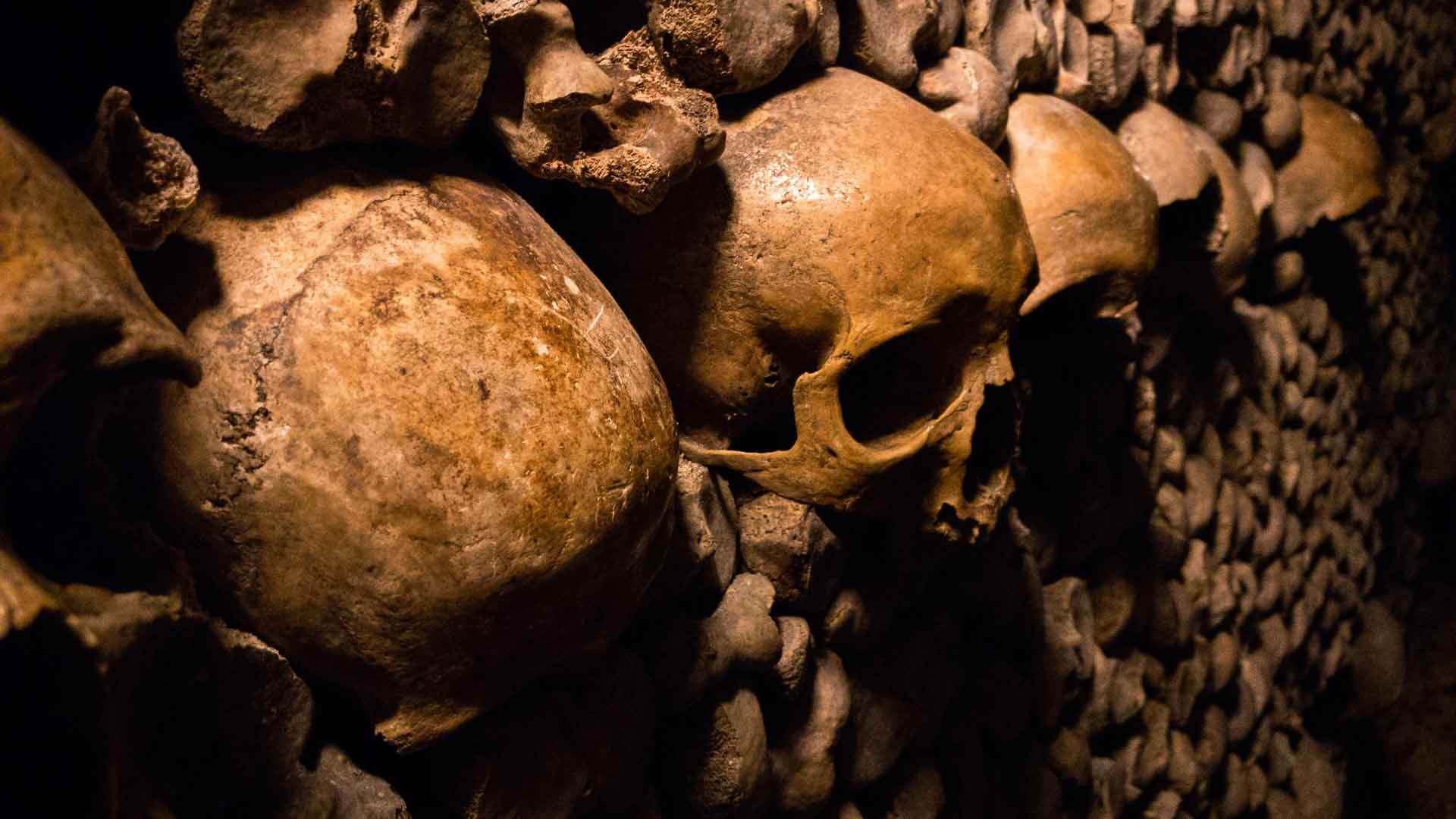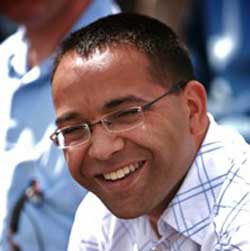The Culture of Death
In today's guest post, Kevin Moss, Christian Heritage trustee and PhD candidate in intellectual history, sheds light on the threat posed by a largely unchecked culture of death. It’s never very far away, that opportunistic nihilism, venturing forth under cover of COVID-19 in order to bulk up its trophy-bag. Whilst the NHS and even the Government, are beavering away to save as many lives as possible, it is odd to think that there are organisations that exemplify radically different ideological commitments. BPAS, one of the biggest providers of abortion services in the UK, has (according to media reports) been agitating for perhaps the biggest liberalisation in the regime, since 1967. And, very likely they’ll succeed, given that our attention is quite naturally focused on sustaining and protecting life, rather than snuffing it out. And, last Saturday, as I opened the little plastic bag that contained my weekend newspaper supplement, what should drop out, but a flyer promoting the services of ‘Dignity in Dying’ (DID), the ultimate expression of cultural nihilism. The usual pampered celebs looked earnestly out of the leaflet, attempting to convince us that, only through the administration of a lethal cocktail of barbiturate and anti-emetic, we may have any hope...




